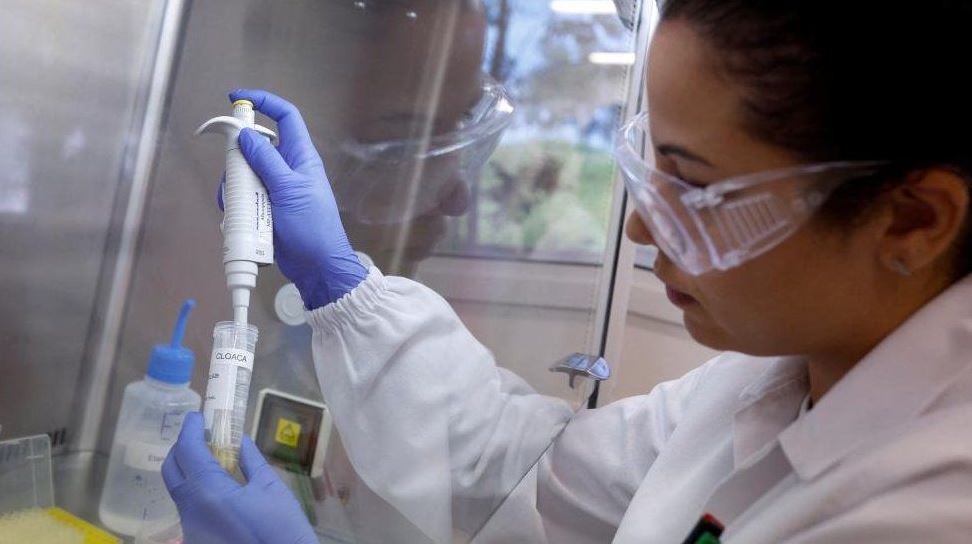Brazil, which is the world’s biggest supplier of chicken, has declared a statewide “animal health emergency” after officials confirmed eight instances of avian flu in wild birds.
The agricultural ministry made the announcement on the 180-day plan late Monday night. It stated in a statement that its goal was to “protect animal and human health in addition to preventing the virus from spreading to domesticated birds and commercial poultry operations.”
The decision to take this action was made after the government reported on Monday that three further instances of bird flu had occurred, increasing the total number of confirmed cases to eight since the illness was first discovered in the nation two weeks ago.
All of the infections have been found in free-living birds. One was recorded in the state of Rio de Janeiro, which is located in Brazil’s southeast, while seven were reported in the neighbouring state of Espirito Santo. This proposal will extend a ban that has already been put into effect on expos and fairs that include birds.
The Minister of Agriculture, Carlos Favaro, said that the government will “mobilise resources” in order to take preventative steps and bring the virus under control. Brazil, which was the world’s largest exporter of chicken in 2017, provides around 35 percent of the total poultry that is sold on the international market.
The current epidemic of bird flu was first detected in Canada in 2021, and then it quickly moved to the United States and Latin America. There is currently no cure for the illness, which has a high mortality rate in wild and farmed bird populations alike.
Although there have been isolated instances of human infection caused by avian influenza viruses, this is not the norm. The Brazilian Exporters’ Association (ABPA) said that the incidents will not have an effect on Brazil’s exports given that there have been no illnesses reported in commercial activities.

